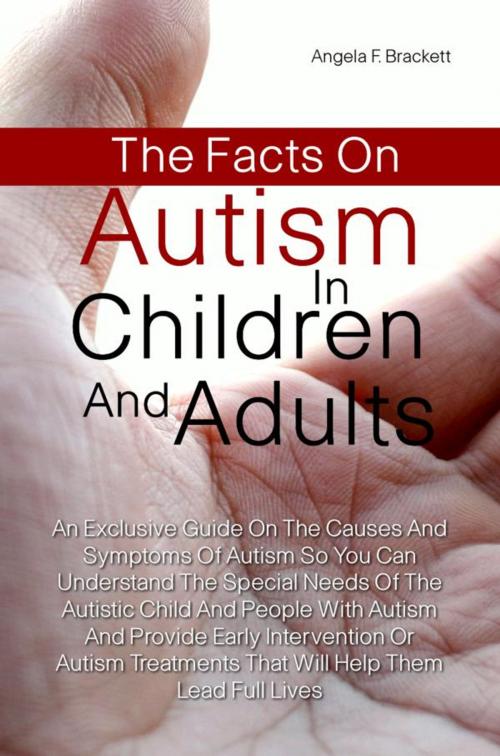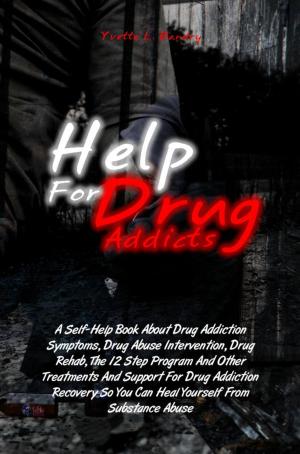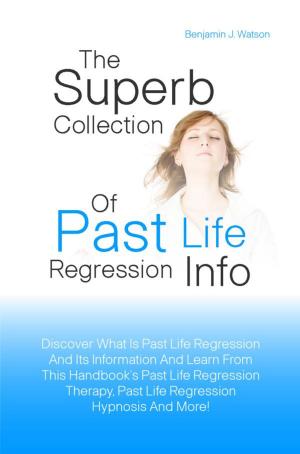The Facts On Autism in Children and Adults
An Exclusive Guide On The Symptoms Of Autism So You Can Understand The Special Needs Of The Autistic Child And People With Autism And Provide Early Intervention Or Autism Treatments That Will Help Them Lead Full Lives
Nonfiction, Family & Relationships, Parenting, Child Care, Health & Well Being, Medical, Ailments & Diseases, Mental Health, Special Needs| Author: | Angela F. Brackett | ISBN: | 1230000022024 |
| Publisher: | KMS Publishing | Publication: | October 5, 2012 |
| Imprint: | Language: | English |
| Author: | Angela F. Brackett |
| ISBN: | 1230000022024 |
| Publisher: | KMS Publishing |
| Publication: | October 5, 2012 |
| Imprint: | |
| Language: | English |
To put it plainly, autism is a developmental disability. It is not just one condition. It is actually a general term used to describe a range of developmental brain disorders that are difficult to analyze and understand.
Autism is a medical condition involving a disturbance to the usual functioning of the mind. More exactly, the process of the development of the mind has not advanced fully in people with autism as much as most other people of the same age thereby creating adverse effects on their communication skills, social skills and ability to reason.
People with autism see and interact with the world differently from other people. Most avoid human contact. They thrive in a ritualistic schedule of activities and any break in the routine causes them extreme distress. They fixate on any inanimate object that catches their eye and can spend hours focusing exclusively on that particular thing. Most are not able to talk to people because they have a difficult time expressing what they mean. Some develop aggressive behavior like biting or yelling as a result of frustration because they totally cannot communicate their needs or wants.
Many autistic people, especially those who have had early intervention during the early stage of the disease, do overcome their condition and turn out to live very full lives. Perhaps this is yet the best strategy for treating autistic people: to respect the fact that they live in a world of their own and allow them their own pace to thrive in the real world.
To put it plainly, autism is a developmental disability. It is not just one condition. It is actually a general term used to describe a range of developmental brain disorders that are difficult to analyze and understand.
Autism is a medical condition involving a disturbance to the usual functioning of the mind. More exactly, the process of the development of the mind has not advanced fully in people with autism as much as most other people of the same age thereby creating adverse effects on their communication skills, social skills and ability to reason.
People with autism see and interact with the world differently from other people. Most avoid human contact. They thrive in a ritualistic schedule of activities and any break in the routine causes them extreme distress. They fixate on any inanimate object that catches their eye and can spend hours focusing exclusively on that particular thing. Most are not able to talk to people because they have a difficult time expressing what they mean. Some develop aggressive behavior like biting or yelling as a result of frustration because they totally cannot communicate their needs or wants.
Many autistic people, especially those who have had early intervention during the early stage of the disease, do overcome their condition and turn out to live very full lives. Perhaps this is yet the best strategy for treating autistic people: to respect the fact that they live in a world of their own and allow them their own pace to thrive in the real world.















